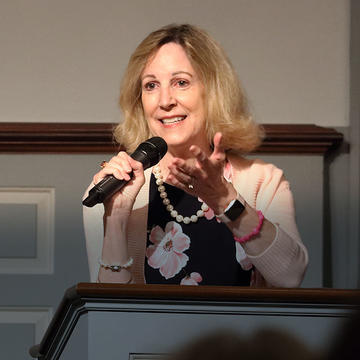The wall between religion and government is collapsing
When faith becomes the guiding force in politics, our pluralistic republic is most at risk
Read the full article at CNN.com
What an irony that the central character’s name in the Supreme Court’s most recent school-prayer drama is Joseph Kennedy, the same appellation as President John F. Kennedy’s father. Facing strong anti-Catholic sentiment, Kennedy, the first Irish Catholic to become president, felt compelled to proclaim in 1960 his adherence to strict separation of church and state, assuring opponents that his policies wouldn’t reflect his personal religious views or the teachings of his faith.
“I believe in an America where the separation of church and state is absolute,” the candidate told a meeting of Protestant ministers in Houston. “I do not speak for my church on public matters, and the church does not speak for me.”
Because the US Supreme Court’s current six-person majority (John Roberts, Clarence Thomas, Samuel Alito, Neil Gorsuch, Brett Kavanaugh, and Amy Coney Barrett), all with conservative Catholic backgrounds, have expressed interest in historical bases for judicial decisions, it’s worth noting that Kennedy’s assertions not only preserved his political viability but reflected Jeffersonian ideals firmly embedded in our two-centuries-old constitutional cosmos.
The court’s ruling this week in Kennedy v. Bremerton School District ignores our founding values and eschews decades of its own precedents that enshrined them. Gorsuch’s majority opinion, joined by his five fellow conservatives, ruled that Kennedy, a football coach at a Bremerton, Washington, public school has First Amendment freedom of speech and religion rights to kneel and pray at the 50-yard line after games, surrounded by players and spectators. Allowing him to do so doesn’t violate the Constitution’s ban on state establishment of religion, according to the nation’s highest court.
The First Amendment’s clauses guaranteeing free exercise of religion and prohibiting government’s establishment thereof have been on a collision course since they entered the US Constitution in 1791. Simply put, does government allowance of religion in the public square constitute establishing it? To unravel this conundrum, Supreme Court justices have taken three different approaches.
